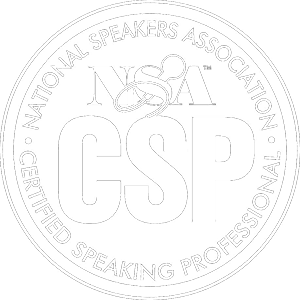Corporate History is not knowledge transfer
From the Financial Times
Businesses in various industries are seeking the help of companies like The History Factory and National Life Stories to obtain a deeper understanding of their history and help current and future employees learn better from the past. The History Factory, National Life Stories, and similar companies create series of primarily oral accounts tracing a business’s history through interviews with past employees and their family members as well as current employees. Combining new technology with traditional storytelling is opening up all kinds of doors to pass down experiential knowledge and skills from one generation of employees to the next. The personal accounts given in interviews provide historians with information that often goes unrecorded in the formal documents of a company. For example, interviewing the wives of banking executives at HSBC in south-east Asia revealed that the bank had employed women in Shanghai and Hong Kong as early as the 1920s. Although there is increased risk for bias when oral history is used, the reward of making previously unknown connections is well worth it, says David Kirsch, associate professor of entrepreneurship and strategy at the University of Maryland. Many businesses may use the historical accounts as a form of brand building, but there are a select few who are genuinely interested in learning from the past. Some companies, The History Factory included, have even begun recording “real-time history” in an effort to capture events as they are happening and history is being made.
Interesting concept but…I am really interested in the part about “new technology” enabling transfer of knowledge. All too often these attempts fail. In the Marine Corps we have the MCLLS (Marine Corps Lessons Learned System) which is a huge file of material people will never read. It is all about usability and search. Google knows this and they get it right.
At FireStarter we are co-developing and testing a new lessons learned software that is easy to use which means it would, in fact, get used. The goal is to capture the lessons and experiences people have before they walk out the door. Actually, we dont want to simply capture the data. That has been going on for years. We want to do it in such a fashion that it has value for organizations.
What are you doing to share the knowledge in your firm?

.jpg)
.jpg)
.jpg)
.jpg)




February 7th, 2010 at 5:30 am
Good luck to you in this endeavor. If it was easy everyone would do it, the key is to find that thing that keeps the info from being important enough to read and break through (from the perspective of the target audience).
February 10th, 2010 at 4:27 am
So right. Just having the data is one thing. Being able to find it and use is the other.
We'll keep you informed.